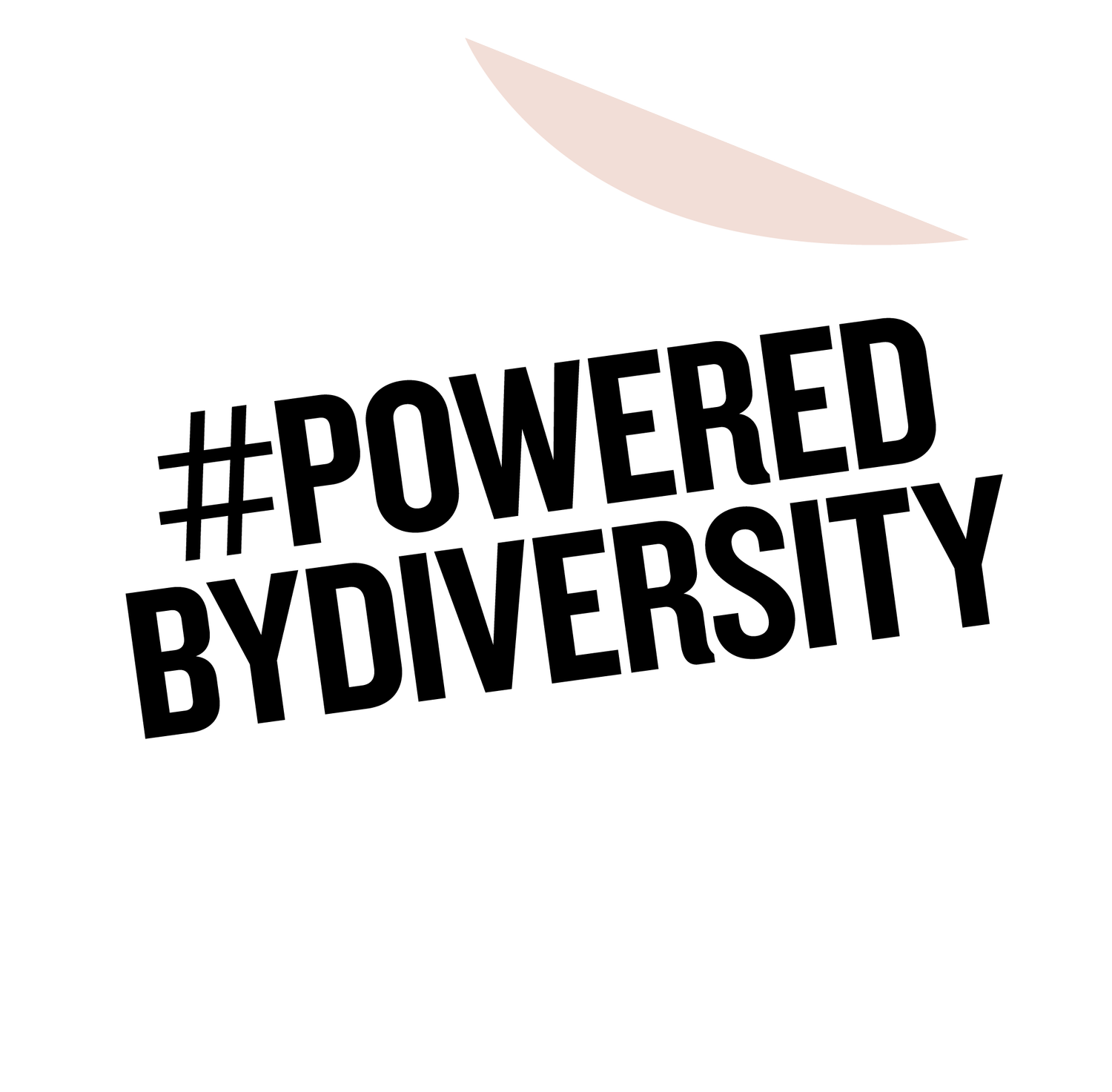AI and Hiring Bias: Will AI remove Hiring bias, or make it worse?
Ruth Miller Hiring/ Recruitment Expert
I’m Ruth Miller, I was a Head of Recruitment within FTSE 100 retail and financial services businesses and have been a consultant for the last 15 years, delivering training and projects to a wide range of well-known public and private sector organisations globally.
Recently I have also become an Adviser to the government Better Hiring Institute, which is a new body, formed to consult and advise on recruitment best practice within the UK, so as you can imagine, I’ve had some interesting conversations about AI and how its use will affect hiring. I’ve pulled together some guidance for you below.
How is AI used within recruitment?
It’s a tough marketplace to hire in at the moment. There are a high number of job vacancies in the UK, and low unemployment, but employers are receiving more job applications than ever. Add to this the fact that recruitment teams are generally shrinking, and the effect is that they are struggling to manage the load.
Many companies aren’t managing this high level of job applications very well, because most job applicants hear nothing back, which is a very poor candidate experience, not to mention terrible for organisational reputation. In short, AI can be very helpful when there is simply too much for humans to do.
How can AI help with hiring workload?
AI for Sourcing Talent. There is AI recruitment software - either already available or coming to the market shortly - which will make it easier for employers to source talented individuals, wherever they hang out online. The AI will have the ability to identify candidate profiles, if it is given the search criteria, and then message them with a pre-written script.
AI for Application Filtering. To tackle the challenge of application volumes, AI software is being used more frequently to help with screening and assessing job applications, particularly for jobs where companies recruit big intakes, such as graduates or apprentices.
AI for Video Interviews and Online Tests. Where video interviews or online tests are currently used, these will often be assessed by AI software, rather than an individual recruiter.
AI Chatbots. There is also increased use of AI Chatbots on company careers sites to help applicants find jobs by highlighting suitable roles when they type in questions during the job search We’re also starting to see AI being used to administer the interview scheduling process.
How are job candidates using AI?
Many job candidates are already using Generative AI such as Chat GPT or other similar platforms to create CVs and cover letters or to answer assessment questions during the application process. Candidates are also using AI o help them answer questions during the video interviews or online tests.
What are the challenges with job candidates using AI?
The challenge for organisations is that if candidates use Generative AI to help with their applications, or during the online assessment process, employers have no control or visibility over how and when it is used.
So, we are in the situation where many companies have this huge increase in job applications, alongside a drop in candidate quality at a final live interview or assessment stage, as they are unable to identify if applicants are getting through screening because they have used Generative AI - or whether they are a high performer.
So how could AI remove hiring bias?
AI software can be used to help find diverse talent. As I mentioned, with more software using AI coming to market that can identify individuals who have profiles on a range of social media, CV databases or other platforms online, it is possible for companies to search through a wider pool of candidates than they would be able to do if they relied on a team of recruiters with limited resources, which can improve metrics such as the diversity of hires and the speed and scale of recruiting, as well as automate admin processes.
AI has the potential to remove human bias from the search process. With sourcing done by an AI, there is the opportunity to minimise human biases in the search process, and if an AI then screens and assesses candidates further human bias is also reduced.
How widely is AI being used already by talent?
Data that a consulting firm called Arctic Shores presented to us at the Better Hiring Institute recently shows that out of 2000 students and recent graduates: 72% are using generative AI every week, 7 in 10 will use Chat GPT in a job application or assessment within the next 12 months. A third would not work for an employer who banned Generative AI.
Could AI level the playing field for diverse job candidates?
23% of black students use AI, compared to 16% for white peers.
Neurodiverse candidates use AI for longer each week than neurotypical job applicants.
Candidates with a lower household income are using AI more than those with high household incomes.
44% of candidates believe Generative AI levels the playing field.
Data clearly shows that candidates from a range of diverse backgrounds are able to access the hiring application and assessment processes for organisations which may have been closed off to them previously, and also supports employers who want to reach out to these groups.
How could AI make hiring bias worse?
If companies use AI for recruitment when there are pre-existing biases with the data or the AI algorithm is machine learning using existing biased data, then that can make hiring bias worse.
As an example you may have heard of the Amazon AI recruiting experiment from back in 2018. Amazon developed an experimental ‘in-house’ AI system for ranking candidate CVs. Dastin did a study into the impact of the new software and found that Amazon’s system taught itself that male candidates were preferable, so it began to penalise CVs and applications that included the word ‘women’s,’ as in ‘women’s chess club captain.’ It also downgraded graduates of two all-women’s colleges. In Dastin’s study it was noted how the machine learning algorithm was trained on data that reflected the historical dominance of men in the tech sector. Amazon unsurprisingly shelved this system when they became aware of its problems.
How can we assess job applicants fairly when they are using AI?
Thinking again about how candidates are using Generative AI to create job applications, or complete online tests; when I speak to different organisations, ranging from large public sector clients to global private sector businesses, I hear a growing concern about how to handle job applications and test results which are created using Generative AI because it is hard to assess whether they reflect a candidate’s actual abilities or experiences.
To manage this challenge, many of them are thinking of how they can discourage applicants from using AI, for example by having a disclaimer on careers sites that they won’t accept applications created using it. If we think about the data I mentioned earlier, where candidates from more disadvantaged socioeconomic backgrounds, people with a disability, who are neurodiverse, or people of colour are using Generative AI more often to create a job application or to support with a job assessment, then banning the use of it could affect them disproportionately.
Many organisations are keen to reach out to these groups so that their employee base is more diverse and reflects their customers more effectively, so banning AI would therefore backtrack on this strategy.
Should we ban the use of AI for job applicants?
Globally AI is here to stay and use of it by organisations and job applicants is only going to increase. Rather than banning its use, or seeing it as a negative, organisations need to harness the positives it can offer them, for example, helping them source previously unrepresented talent for their organisations and supporting that talent with how to create a strong job application.
It’s a changing time for businesses, as they are likely to have to invest in new software, and they will need to review their entire recruitment processes, from sourcing, screening and assessment to administration to reflect the use of AI.
Organisations will also need to review how they test and assess candidates online prior to an interview, as it has been proven that Generative AI can complete these better than around 98.8% of job applicants.
AI and hiring/ recruitment, what’s the solution?
Arctic Shores data shows that currently 32% of HR leaders are using Generative AI during the hiring process and 62% believe that AI can help them hire the best candidates. With AI likely to take away transactional and admin type job roles there will be a greater number of jobs requiring enhanced social, emotional and higher cognitive skills rather than the current focus on the exact qualifications and industry experience.
If employers use AI to identify and assess candidates from a wider, more diverse pool who have these skills and would not have been previously considered, then this could be a real positive in reducing bias. To ensure bias is minimised there will need to be regulation and legislation to drive how AI for hiring is used in the UK and this is likely to happen over the next couple of years, particularly around the use of behaviour and facial recognition software during the assessment process.

